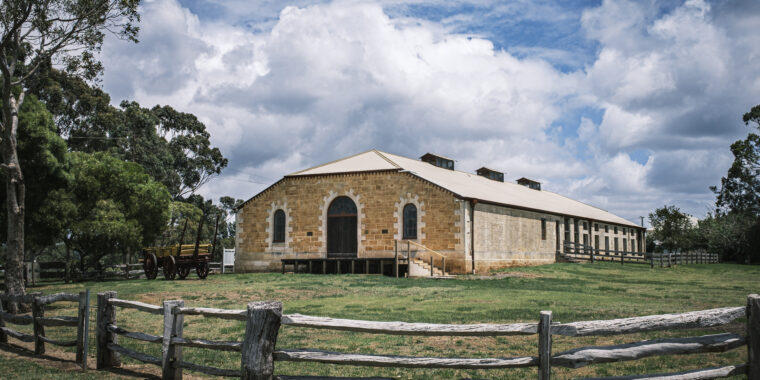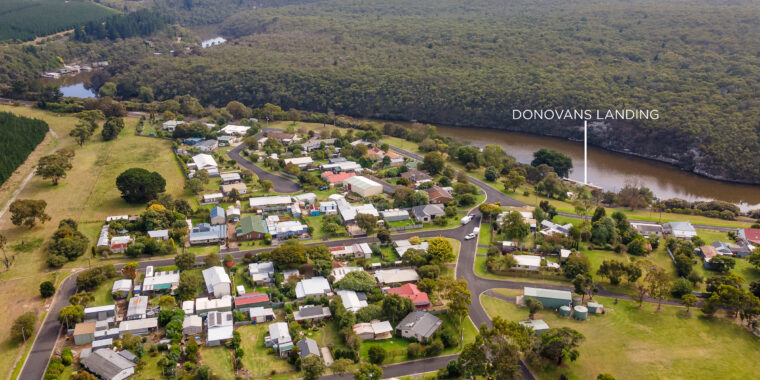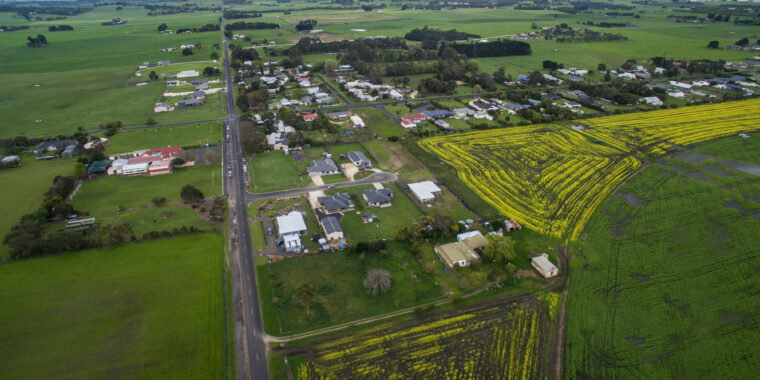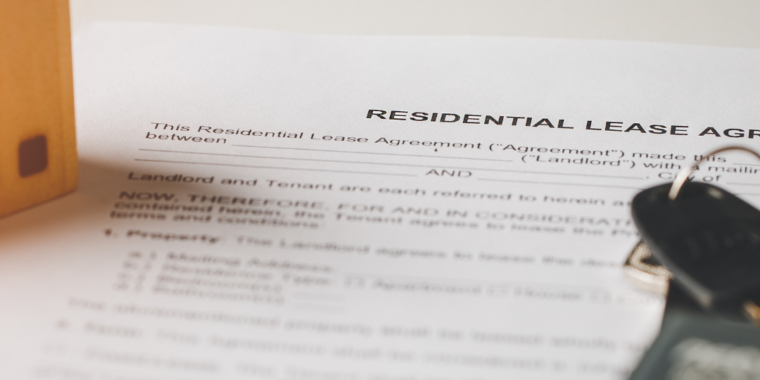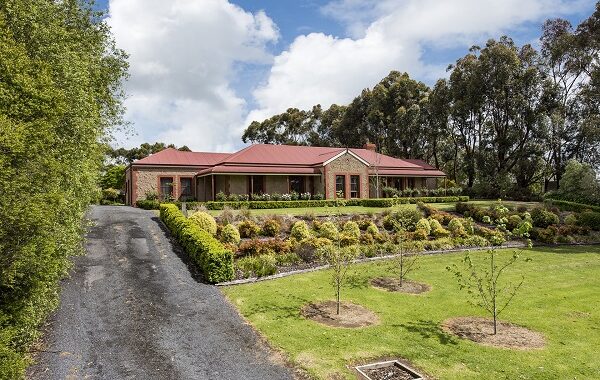Buy with Complete Confidence
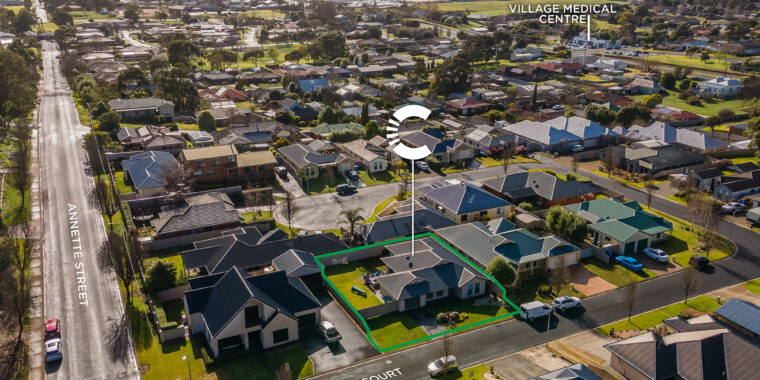
3 LEE COURT MOUNT GAMBIER SA 5290
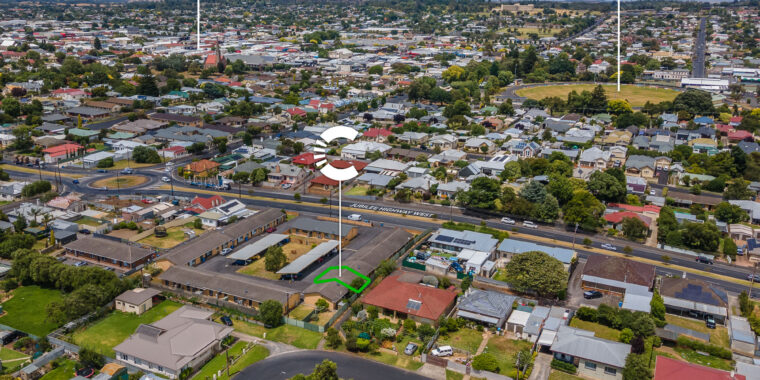
6/54 JUBILEE HIGHWAY WEST MOUNT GAMBIER SA 5290
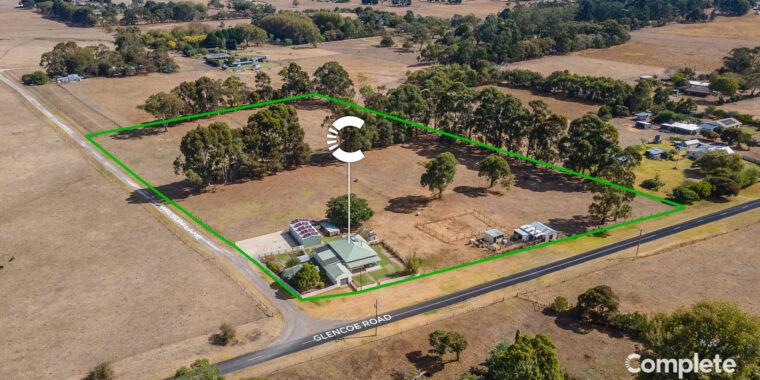
73 GLENCOE ROAD GLENCOE SA 5291
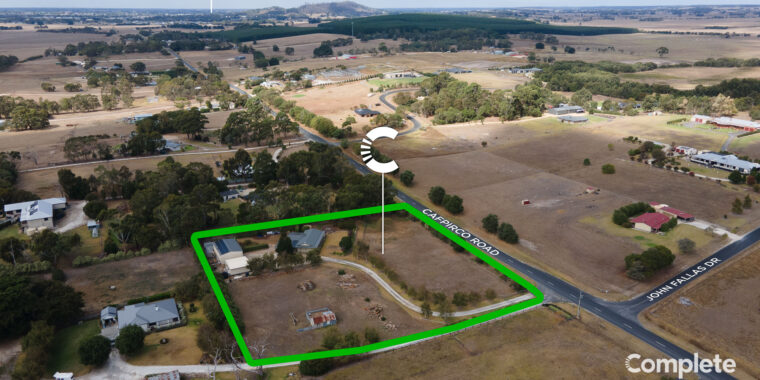
420 CAFPIRCO ROAD COMPTON SA 5291
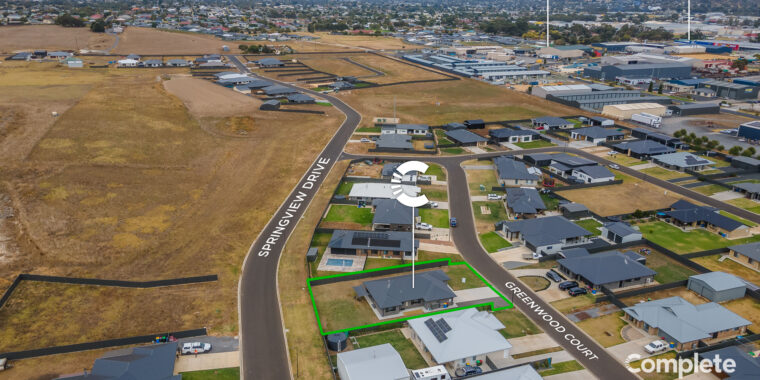
10 GREENWOOD COURT SUTTONTOWN SA 5291
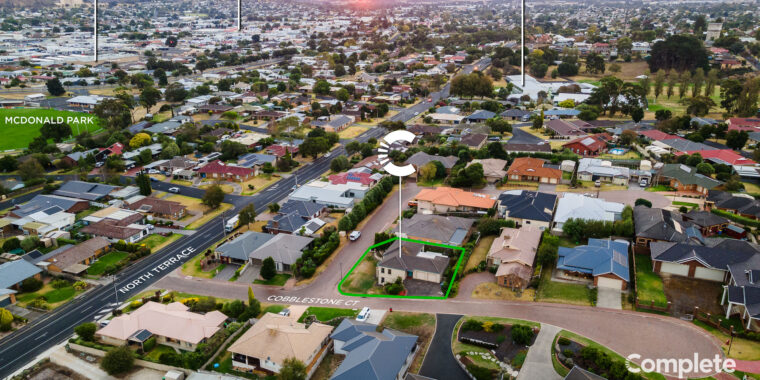
3 COBBLESTONE COURT MOUNT GAMBIER SA 5290
Search Results
Our Clients have Complete Confidence


Kim Cawthorne
128 reviews
Reviewed by De-Arna & Nic Lattin (Vendor) 18 Apr 2024


Kim Cawthorne
128 reviews
Reviewed by Deanne & Robert (Vendor) 10 Apr 2024


Kim Cawthorne
128 reviews
Reviewed by Amit (Buyer) 8 Apr 2024


Kim Cawthorne
128 reviews
Reviewed by (Vendor) 11 Mar 2024


Kim Cawthorne
128 reviews
Reviewed by (Vendor) 4 Mar 2024


Kim Cawthorne
128 reviews
Reviewed by Trevor & Erica (Buyer) 27 Feb 2024


Kim Cawthorne
128 reviews
Reviewed by Jack & Mackenzie (Buyer) 27 Feb 2024


Kim Cawthorne
128 reviews
Reviewed by Armando (Vendor) 24 Feb 2024


Kim Cawthorne
128 reviews
Reviewed by Debra (Vendor) 22 Feb 2024
Buying Faq
Upon signing of the Form 1, you have 2 clear business days before you must pay the deposit amount stated in the Contract of Sale into the Sales Agent trust account. Once the cooling off period has expired and there are no other conditions needing to be met to purchase the property, the purchaser is bound to the contract.
It is a legal requirement when signing a Contract of Sale that you pay a deposit.
Generally, the deposit is 10% of the purchase price, this can be negotiated with the Sales Agent. The deposit is held in the Sales Agent trust account until settlement, with the deposit forming part of the purchase price.
A Contract of Sale for the purchase of a property is a legally binding document, failure to honour the obligations under the contract will result in a breach of contract. This is not to be confused with a deposit for the bank.
The deposit stated within your Contract of Sale is different to that of a bank deposit; the deposit included within the Contract of Sale is paid into the Sales Agents trust account.
Your bank/mortgage broker will advise you of the required deposit amount to be paid for your home loan. Both deposits are used towards the purchase of the property.
If the purchase of a property is subject to any conditions (i.e finance approval) and you are unable to obtain approvals and all endeavours have been taken, then the deposit will be returned.
Your bank / broker will advise you of any required documents for you to prepare in readiness for your appointment.
The below is a guide to what they may request, each institute may vary slightly:
- Copy of 1x Recent Payslip
- Self Employed (2 years tax returns and notice of assessment)
- Confirmation of commitments (credit cards, loans etc) Generally formal statements not required
- ID (Drivers license)
- Living Expenses form (your bank/broker will provide to you)
Within the Contract of Sale, a date will be noted that unconditional finance approval will need to be obtained. Should this not be obtained by the date, if agreed by both parties (Vendor/s and Purchaser/s) an extension can be arranged for a new date for finance to be obtained or Contract of Sale terminated should this clause not be met within the timeframe.
Your settlement date will be noted in your Contract of Sale, this date may be determined by any conditions needing to be meet to fulfil the purchase of the property, i.e. Subject to Finance, Building or Pest Inspection, Subject to Sale and Settlement of another property.
Once all conditions have been met and you have paid your deposit, your settlement date won’t be too far away.
Before your settlement date, there are a few things to organise and your Sales Agent would be more than happy to run through these steps with you, from organising removalists, connecting your services (electricity and gas) and changing your postal address to name a few.
The owner of the property will retain full insurance cover on the property up until the settlement date. It is highly recommend that purchasers take out a cover note of insurance over the property you are buying as you have an interest in the property from signing of the Contract of Sale. Mortgage Lenders may ask for a copy of this insurance to form part of your finance application.
The tenant has the right to stay in the property until their lease end date.
Your Sales Agent can speak to you in further details on the type of lease the tenants are in, being either fixed term or periodic tenancy.
Should the property have a tenant in the property, as the buyer you would take over as the landlord of the property until the tenants lease end date or whichever date comes first, being either lease end date or settlement date.
Buying Faq
This document will contain information on the property itself, including details like:
- Vendor & Purchaser
- Selling Agent
- What ‘cooling off’ rights you have as a buyer
- Details on matters that may affect the property; such as encumbrances, mortgages, zoning and building approvals
The below may be terms you come across:
- Restrictive Covenant: Relates to any conditions that may stop you developing the property in certain ways.
- Encumbrance: Will appear on a title if any restrictive covenants are included on the property, which may affect the title by controlling the future use or development of the land.
- Easement: Can include agreements or rights of a neighbour to use a part of your property to access their own. This also may include an easement over the land for SA Water or SA Power to access services on the property.
- Leases and tenancy agreements: Relate directly to occupancy of the property.
- Development: Will inform you of anything relating to the Development Act such as building approvals, land management agreements with the local council, etc.
In South Australia, the equivalent to a Section32 is the Form 1.
The Form 1 is a statement that is required under Section 7 of the Land and Business (Sale and Conveyancing) Act 1994. This document is made available once a contract has been signed by all parties.
Once the Vendor/s and Agent have signed the Form 1 – Vendor’s Statement, as the Purchaser you will be served a copy of this document which initiates your cooling off period.
The cooling off period is two clear business days, with this period ending midnight on the last business day.
Within this time frame should you wish to not move forward with the purchase you are given the opportunity to cool off. If you wish to do this, notice would need to be completed in writing to your Agent as instructed in the Form 1.
Should you wish to proceed with the purchase, once your cooling off period has ended your deposit will be due into your Agent’s trust account.
Yes, the conveyancer will legally process the transferring of ownership (including rights, title and interest) from one legal entity to another. A conveyancer is required for both selling and purchasing of property.
The best way to determine the stamp duty payable is by visiting;
https://www.revenuesa.sa.gov.au/stampduty/calculate-stamp-duty and following the prompts.
Usually relates to townhouses or units. A strata plan divides the land so property is owned by individuals and common areas are jointly owned and shared by all owners. As an owner, there is a shared responsibility to maintain the outside of the building/complex; with all decisions to be made via a voting system at meetings. A Strata Corporation is formed with the corporation required to formally meet at least once a year to consider items like insurance and any legal requirements. Each owner has one vote. The unit entitlements determine the amount each owner pays towards insurance and other fees – found on the strata plan.
If you are purchasing a strata titled property, even if self-managed, the Form 1 will outline any fees and certificate of currency for insurance.
When land is divided into at least two lots and includes an area of common property it is considered a community plan. Common property is shared land such as a driveway. A title is issued for each lot and common property. There are two types of community titles:
Community Strata: Boundaries are defined by the building on the community parcel. The buildings are part of the common property, therefore the corporation must maintain and insure.
Community Schemes: Boundaries for each lot are defined surveyed land measurements. Each lot owner needs to maintain and insure buildings on their lot. The community corporation must insure any structures in common areas.
The corporation is required to formally meet at least once a year to consider items like insurance and any legal requirements. Each owner has one vote. The unit entitlements determine the amount each owner pays towards insurance and other fees – found on the community plan. By-laws are provided for the administration, management and regulation of the use of the common property and community lots.
If you are purchasing a community titled property, even self-managed, the Form 1 will outline any fees and certificate of currency for insurance
Sell With Confidence
Insights
WHAT TO CONSIDER WHEN MAKING AN OFFER
Buying a property is an exciting and significant decision. In a competitive real estate market, submitting an offer requires careful consideration and strategic planning. This blog aims to guide you through the important factors to consider when submitting an offer on your dream property. 1. Research the Market: Before submitting an offer, it is crucial…Read More→
PORT MACDONNELL AND EIGHT MILE CREEK: COASTAL CHARM
Port MacDonnell and Eight Mile Creek in South Australia offer a unique and appealing combination of natural beauty, recreational opportunities, and a peaceful lifestyle, making them attractive destinations for those looking to relocate coast-side. Situated on the Limestone Coast, Port MacDonnell and Eight Mile Creek boast picturesque landscapes and coastal views. The beaches, rugged cliffs,…Read More→
SUMMARY OF PROPOSED CHANGES TO SOUTH AUSTRALIA’S RESIDENTIAL TENANCIES LEGISLATION
In 2023, the Malinauskas Government proposed significant amendments to South Australia’s Residential Tenancies Legislation. While the exact commencement date remains unconfirmed, our team is closely monitoring updates and preparing for a seamless integration of these changes into our property management protocols. Here’s a summary of the proposed fundamental changes: Ending Tenancies Notice Period: At the end…Read More→
AREA REPORT // TENISON DRIVE
Nestled on the picturesque slopes of the iconic Valley Lake Mountain, Tenison Drive offers a serene and vibrant neighbourhood for residents seeking a peaceful yet active lifestyle. Let’s take a closer look at what makes Tenison Drive a remarkable place to live. Scenic BeautyThe neighbourhood is adorned with lush greenery, plenty of trees, and spacious…Read More→
AREA REPORT // CONROE HEIGHTS
In the heart of Mount Gambier lies Conroe Heights, a vibrant and well-established neighbourhood that has flourished since its development by EMPAK in the mid-1980s. With a rich history and a focus on community living, Conroe Heights has become a sought-after residential haven, offering a diverse range of homes and amenities that cater to the…Read More→
UNDERSTANDING EQUITY IN REAL ESTATE
Equity is a complex financial tool, which when understood and utilised successfully, can help homeowners make significant life investments. In this blog, we’ll explore what equity is, its impact on buying a home or investment property, and how you can leverage it wisely. Equity is the difference between the current value of your home and…Read More→
Complete Activity
Stay up to date with Complete Real Estate sales and rental activity – gain access to latest listings, open inspections, listing adjustments and sold/leased listings
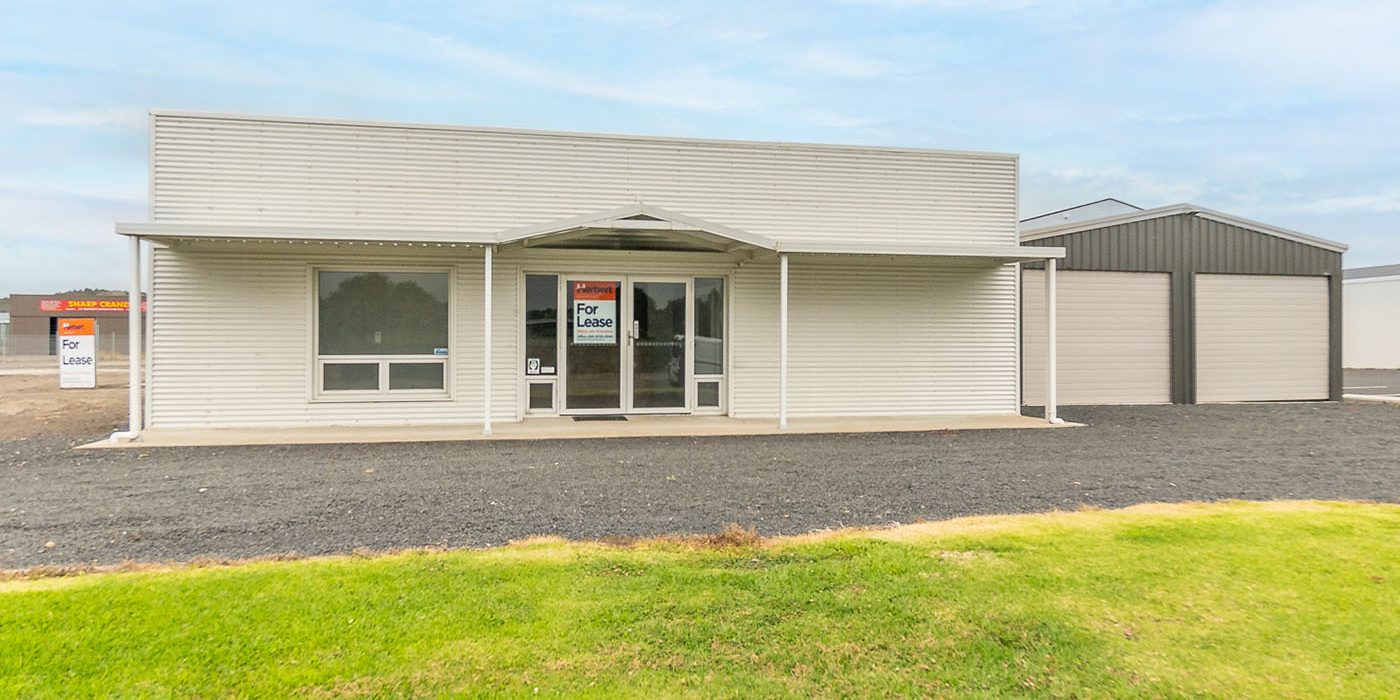

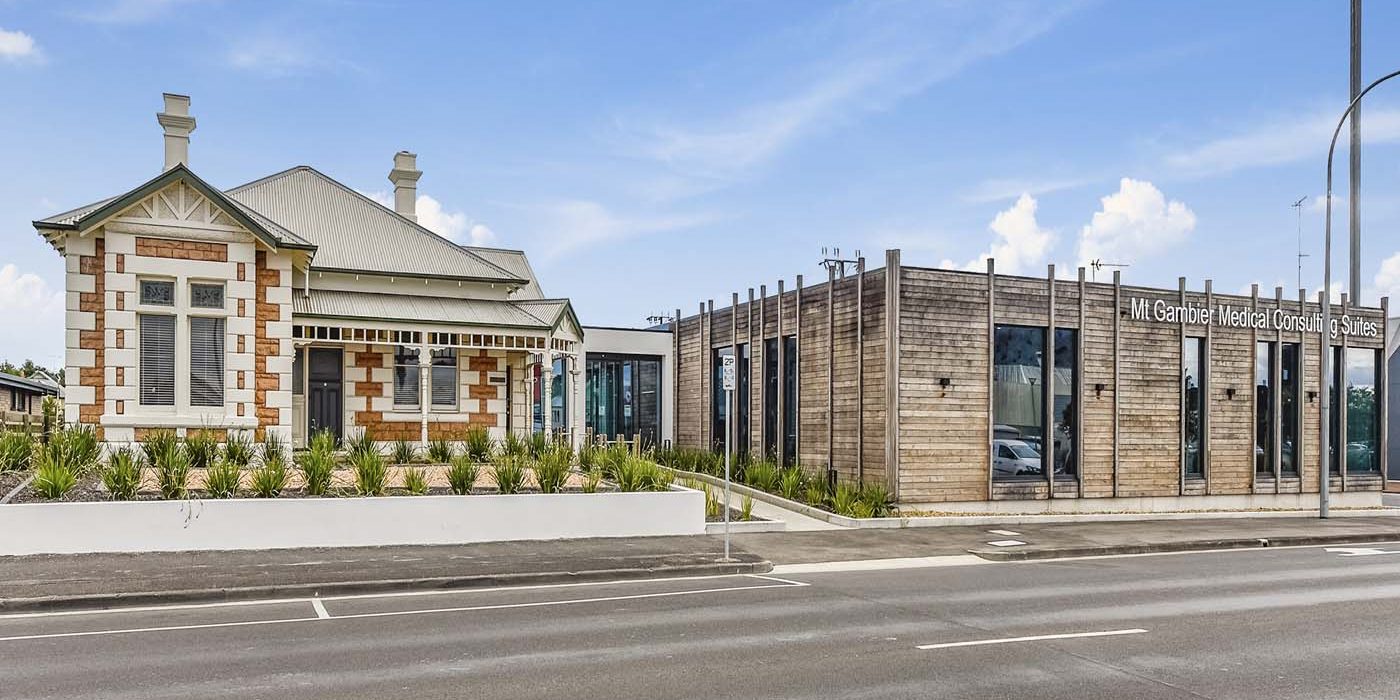


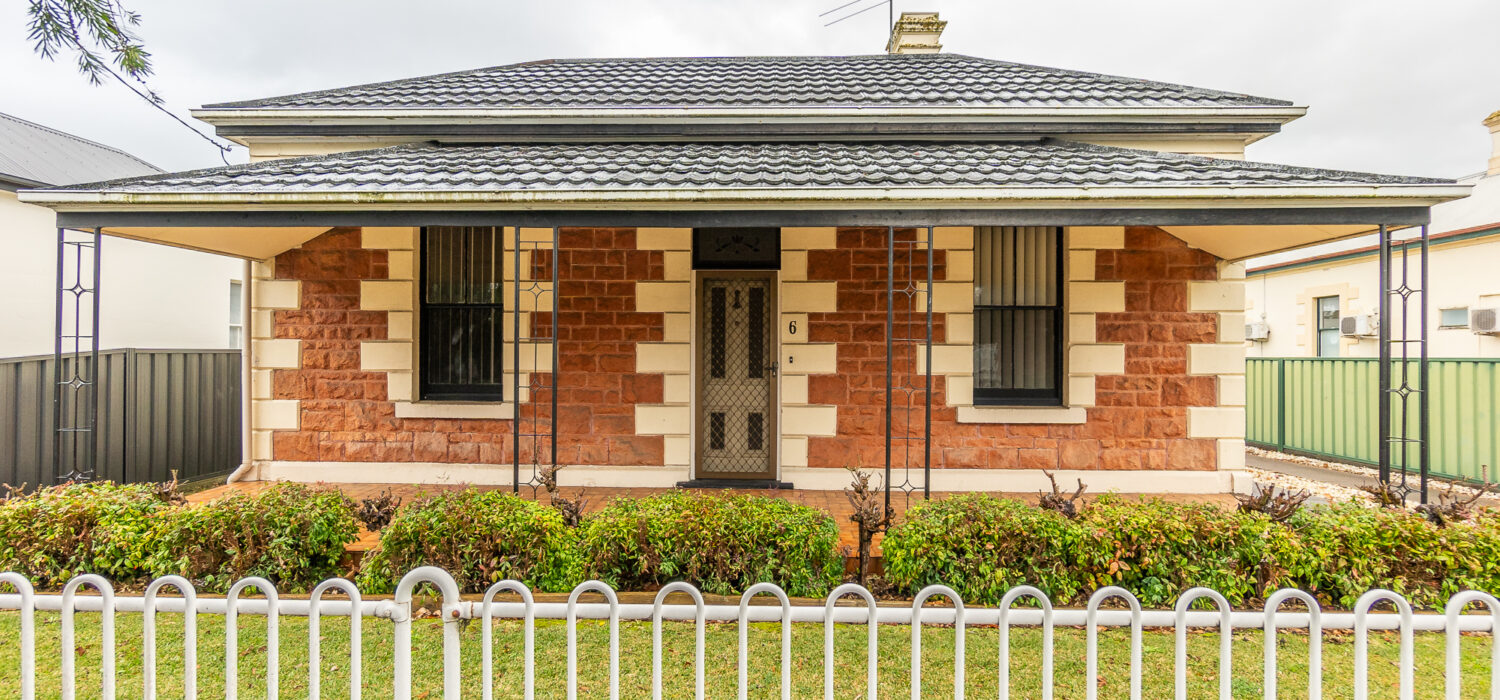

Our sister company Complete Commercial; is taking care of business for professionals, business owners and operators with an interest in commercial solutions.







